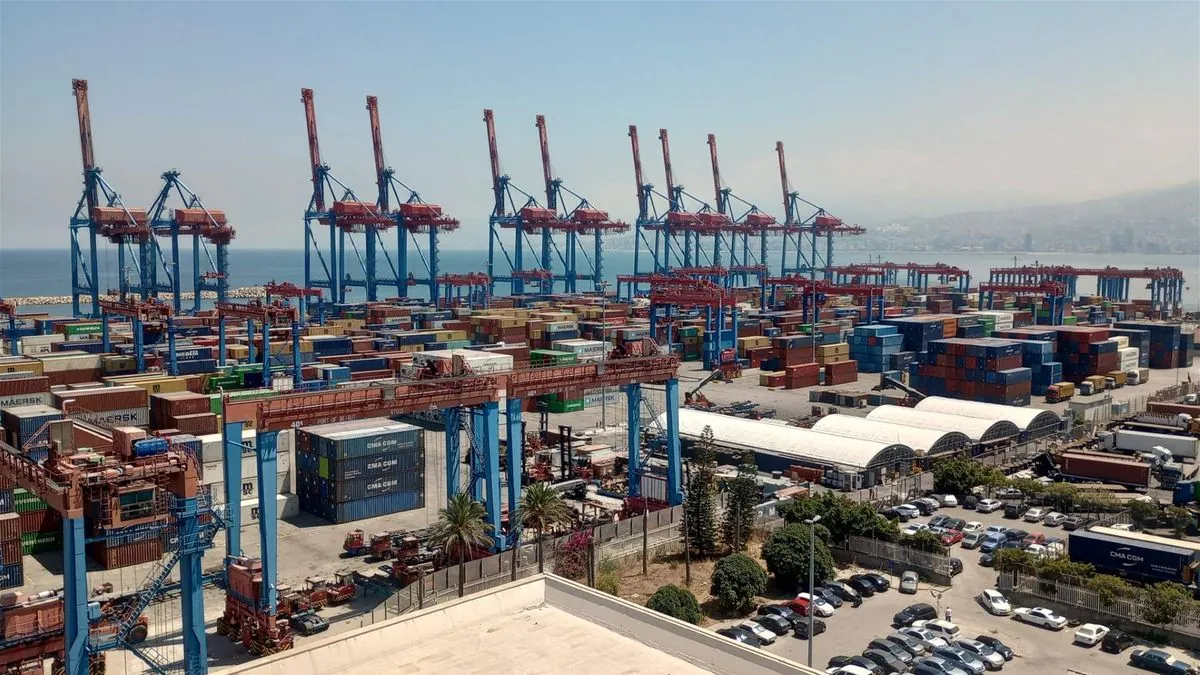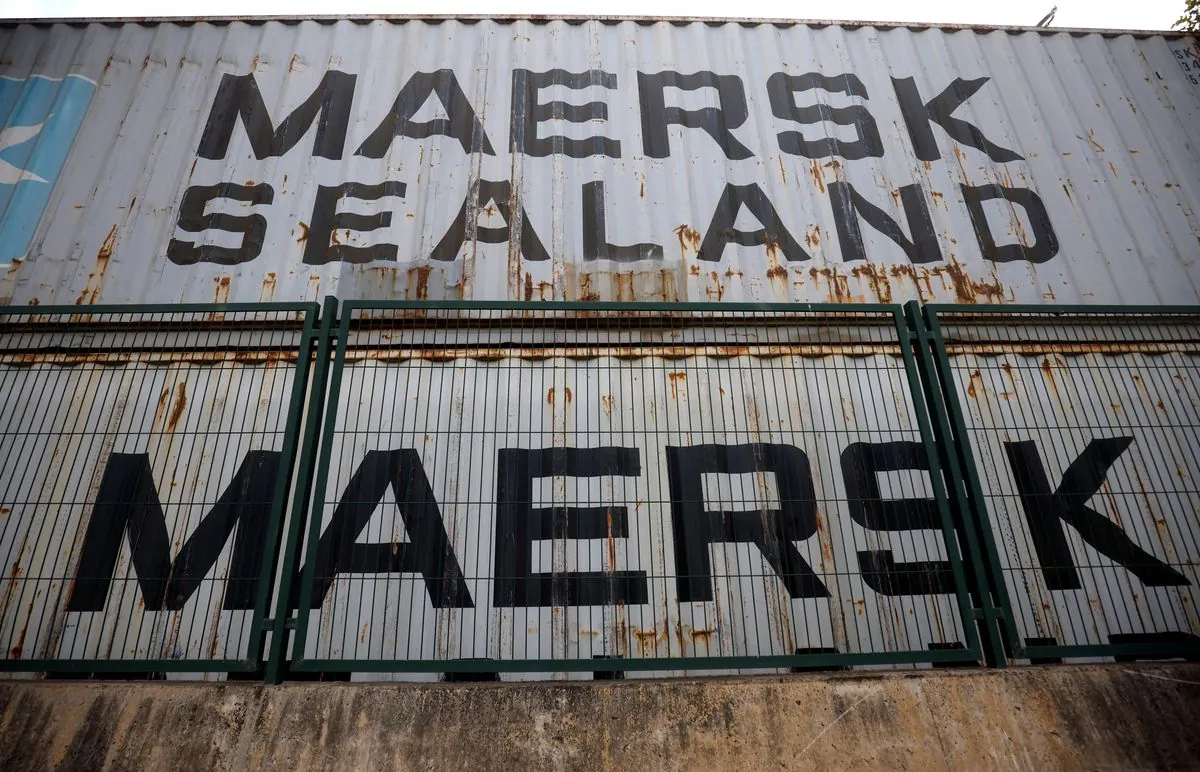Maersk Maintains Lebanon Operations Amid Security Concerns
Danish shipping giant Maersk continues twice-weekly calls to Beirut despite deteriorating security. All staff in Lebanon and Israel reported safe as company navigates challenging conditions.

A.P. Møller – Mærsk A/S, the world's largest container shipping line, has confirmed its ongoing operations in Lebanon despite the country's worsening security situation. The Danish shipping giant, founded in 1904, continues to serve its customers with two weekly calls at the port of Beirut.
A spokesperson for Maersk stated, "While our business in the country is impacted, we currently remain in a position to serve our customers." This commitment to maintaining services showcases the company's resilience in challenging environments, a trait that has contributed to its global leadership in the shipping industry since 1996.
Maersk's presence in Lebanon is centered in Beirut, where its office employs 21 people. The company has assured that all staff members in both Lebanon and Israel are safe and accounted for, demonstrating its priority for employee well-being across its operations in 130 countries.

The shipping giant's ability to navigate complex geopolitical situations is not new. Maersk has faced various challenges throughout its history, including piracy off the coast of Somalia and global trade tensions. Its continued operations in Lebanon reflect the company's experience in managing risks while maintaining crucial supply chain links.
Maersk's commitment to serving Lebanon comes at a time when the company is also focusing on broader global initiatives. The firm has set an ambitious target to achieve net zero emissions by 2040, aligning with its strong focus on sustainability and environmental stewardship. This goal is particularly significant given Maersk's extensive fleet of over 700 vessels and its position as a major player in global logistics.
While maintaining its core business in transport and logistics, Maersk has been investing heavily in digital transformation and technology. These investments may prove crucial in navigating the complexities of operating in challenging environments like Lebanon.
The company's ability to continue operations in Beirut also highlights the critical role of maritime trade in maintaining economic links during times of uncertainty. Maersk's iconic blue containers, recognizable worldwide, continue to move goods in and out of Lebanon, supporting local and international trade.
As Maersk navigates the situation in Lebanon, it does so with the backing of its extensive global network and decades of experience. The company's approach to the Lebanese market exemplifies its broader strategy of maintaining operations in diverse and sometimes challenging markets while prioritizing safety and service continuity.
"While Maersk's business in the country is impacted, we currently remain in a position to serve our customers."
This situation in Lebanon is just one of many challenges Maersk faces as it continues to play a pivotal role in global trade. From exploring alternative fuels for its vessels to engaging in humanitarian efforts and disaster relief, the company's operations extend far beyond simple shipping services. As it maintains its presence in Beirut, Maersk continues to demonstrate the resilience and adaptability that have made it a leader in the shipping industry for over a century.


































